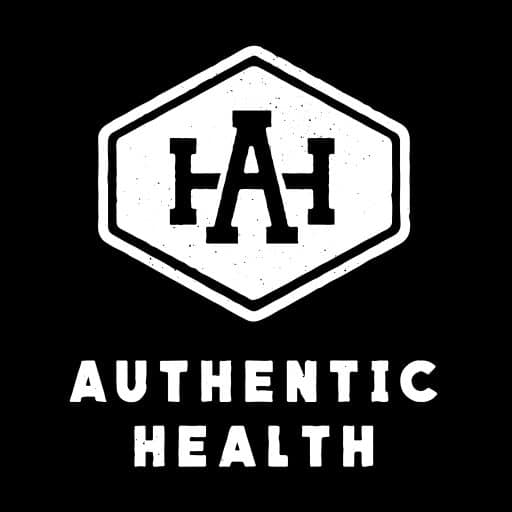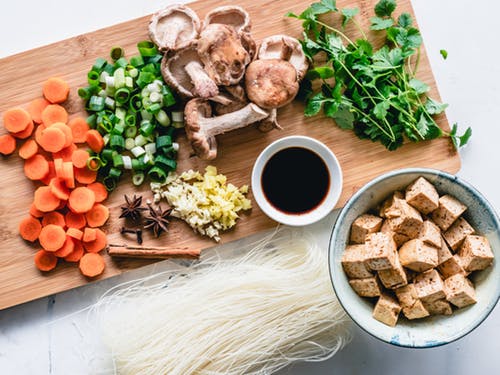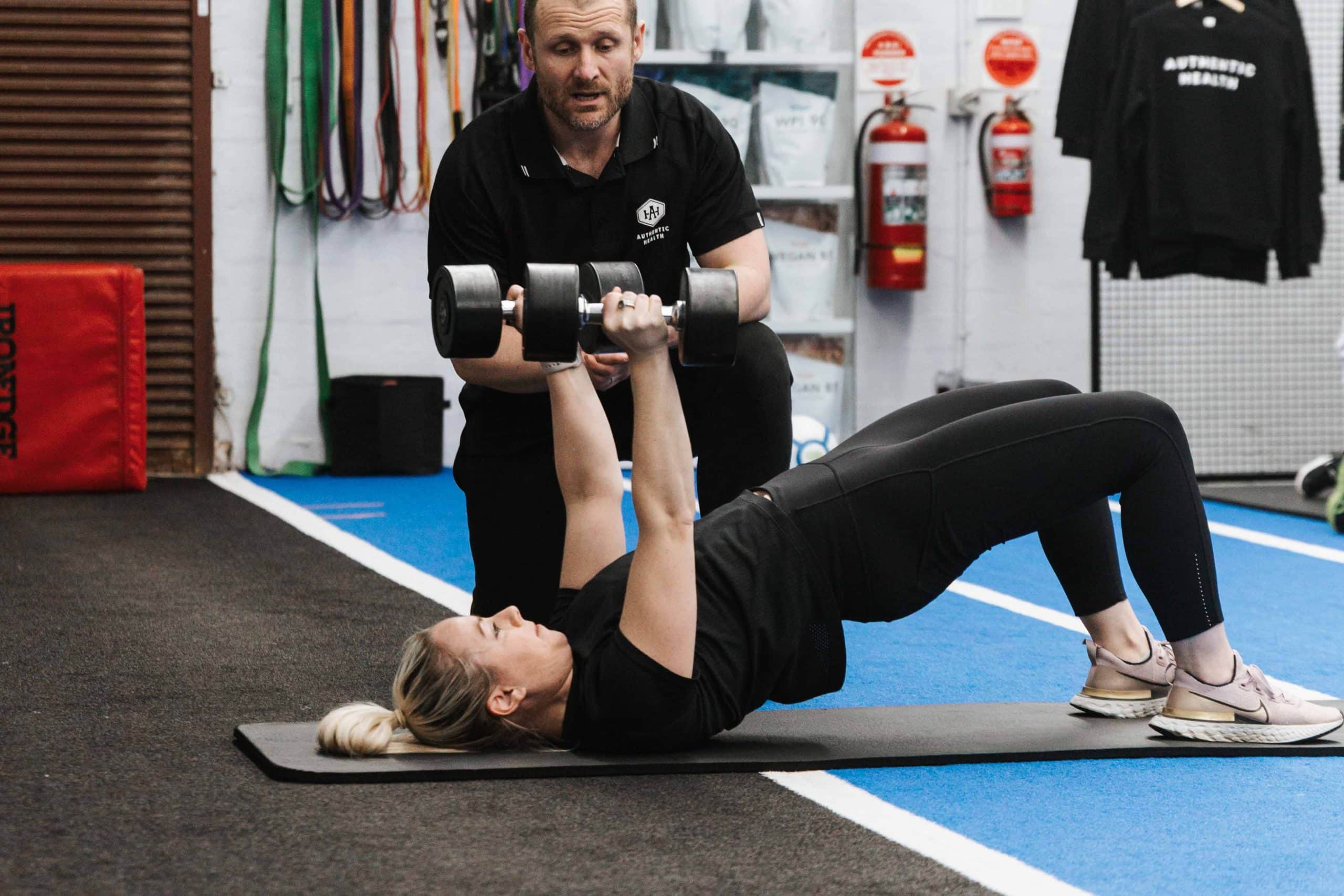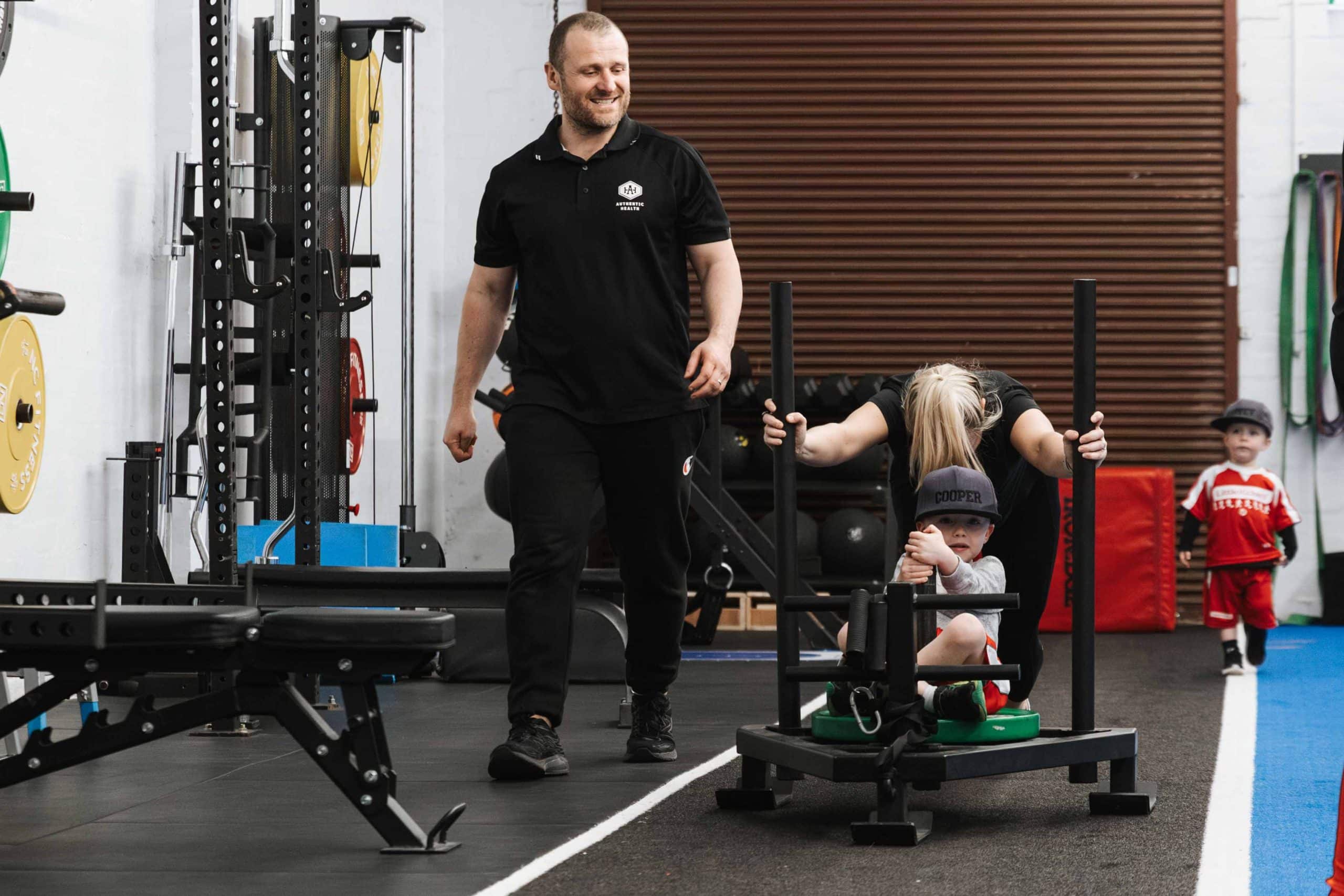Including Protein In Your Diet
Protein plays an integral role in the anabolic process (recovery / growth) while effective training and exercise are known to have a catabolic stress response on the human body. This response has been responsible over hundreds of thousands of years for the evolution of human beings. The bottom line is, if you are someone who wants to thrive as a fit and healthy human being you are going to need to meet a certain amount of protein per day to recover and thrive living this lifestyle. The amount you need largely depends on the individual, things like your training goal (i.e muscle gain, muscle retention, fat loss), training frequency, and training intensity will all need to be considered but its largely accepted for the types of people who will read this blog between 1.2g – 1.8g per kg of body weight is recommended.
The main purpose of this blog is to help you understand the plethora of protein sources you have at your disposal as one of the most frequently asked questions we receive is “where can I get more protein from?’. First and foremost we want to acknowledge that like most things in life many aspects of our life impact what is optimal, when it comes to protein consumption our religious beliefs, ethical beliefs, and how our bodies respond to different sources of protein should all be taken into consideration. This usually leads to the question of ‘is meat healthy?’ and we believe that this question requires a little more thought than that. If we were eating as our ancestors did where meat was hunted and eaten sparingly because often we only caught meat every 2-3 days then yes we believe there are health benefits to meat consumption. Where the problem often lies and meat consumption receives a bad name is in the quality and quantity of the meat we have access to. Today much of the meat we eat is farm raised on poor quality food, many of the animals have limited access to exercise and exposed to an array of environmental chemicals that are toxic for humans. This means we tend to consume nutrient poor meat that has within its fat stores chemicals that are dangerous for the human organism. For this reason we recommend that you carefully choose where you get your meat from.
Different Types of protein;
Meat: chicken, turkey, pork, beef, lamb, goat kangaroo are all high sources of protein that are complete (which means they have all the essential amino acids required for humans)
Seafood: Salmon, prawns, mussels, flat head, barramundi (the list is endless, seafood is also a complete protein source)
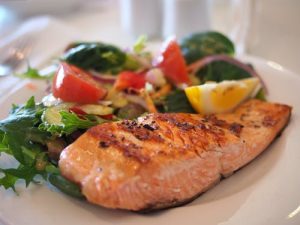
Soy Products: products like tofu, if you are vegan or vegetarian we recommend the use of tofu products due to it being one of the only complete protein sources for vegetarians / vegans.
Eggs
Dairy Products: Milk, yoghurt, cheese.
Other vegan / vegetarian products: Legumes, beans, quinoa (complete protein), peanuts, green vegetables, and seeds.
Protein Powders: Whey, Pea, Rice, Collagen, etc
For More information on diet and exercise read our post on the success of weight loss. Or give us a call for a consultation.
